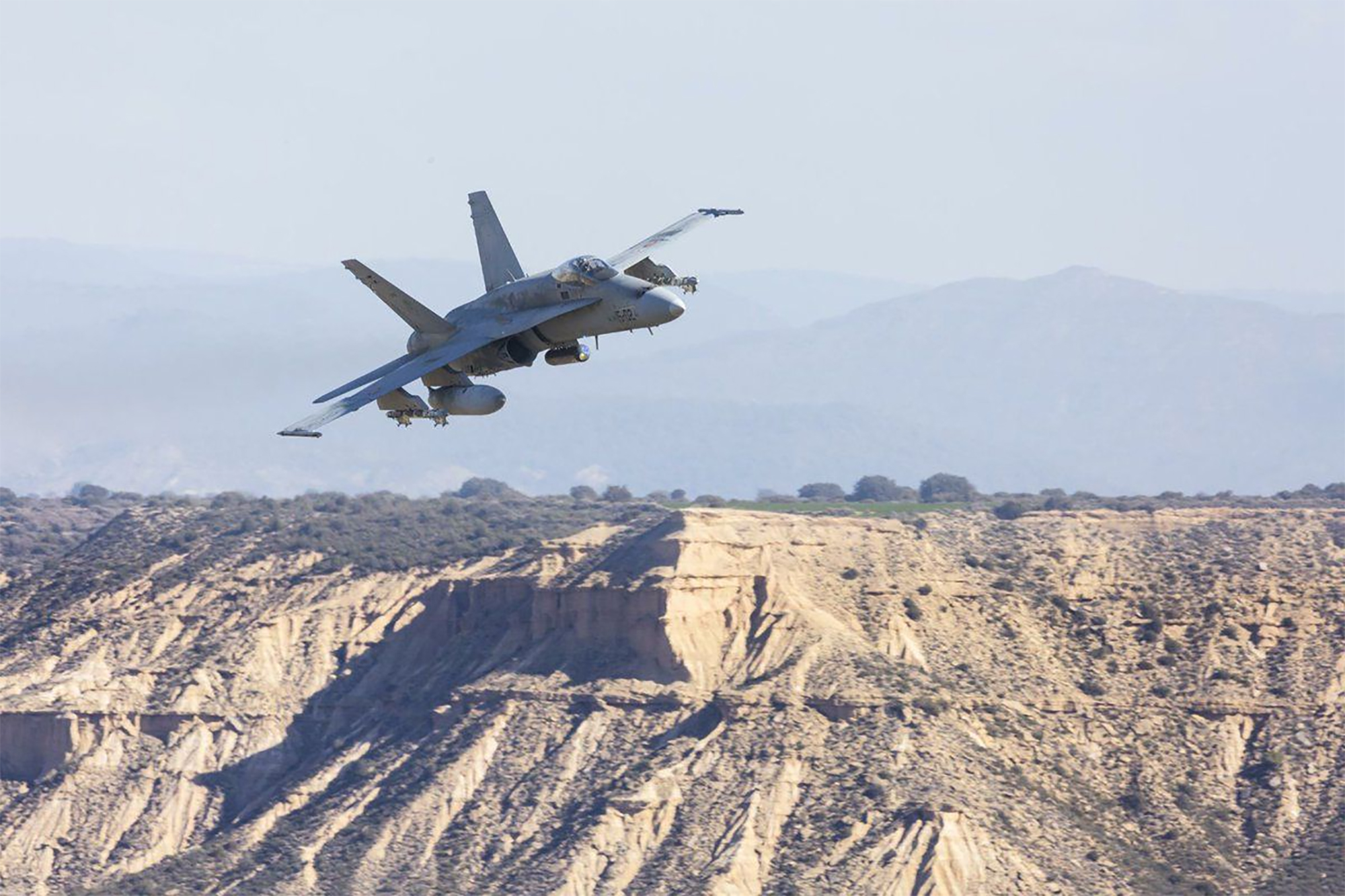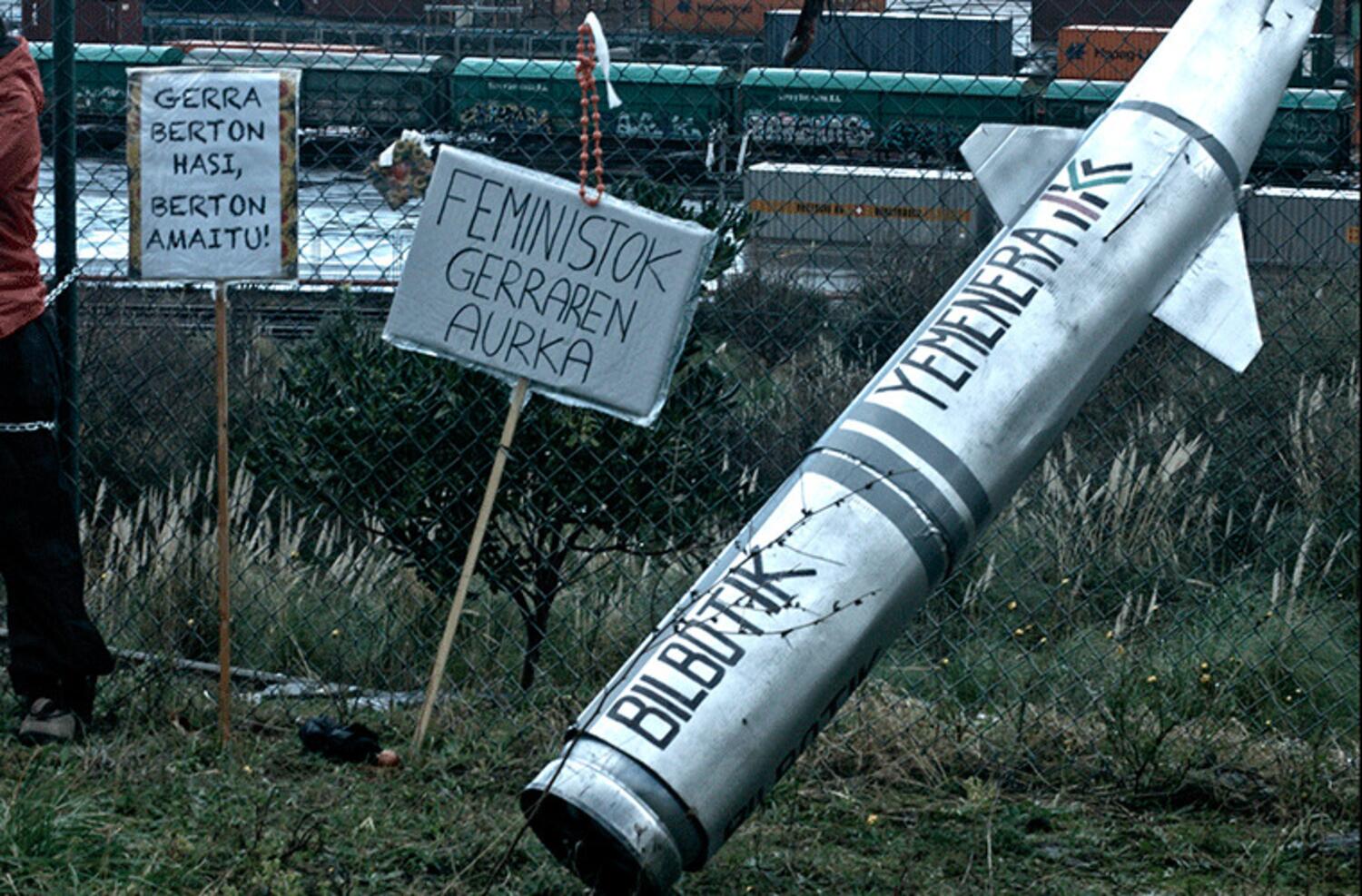Sounds of war that want to blind us
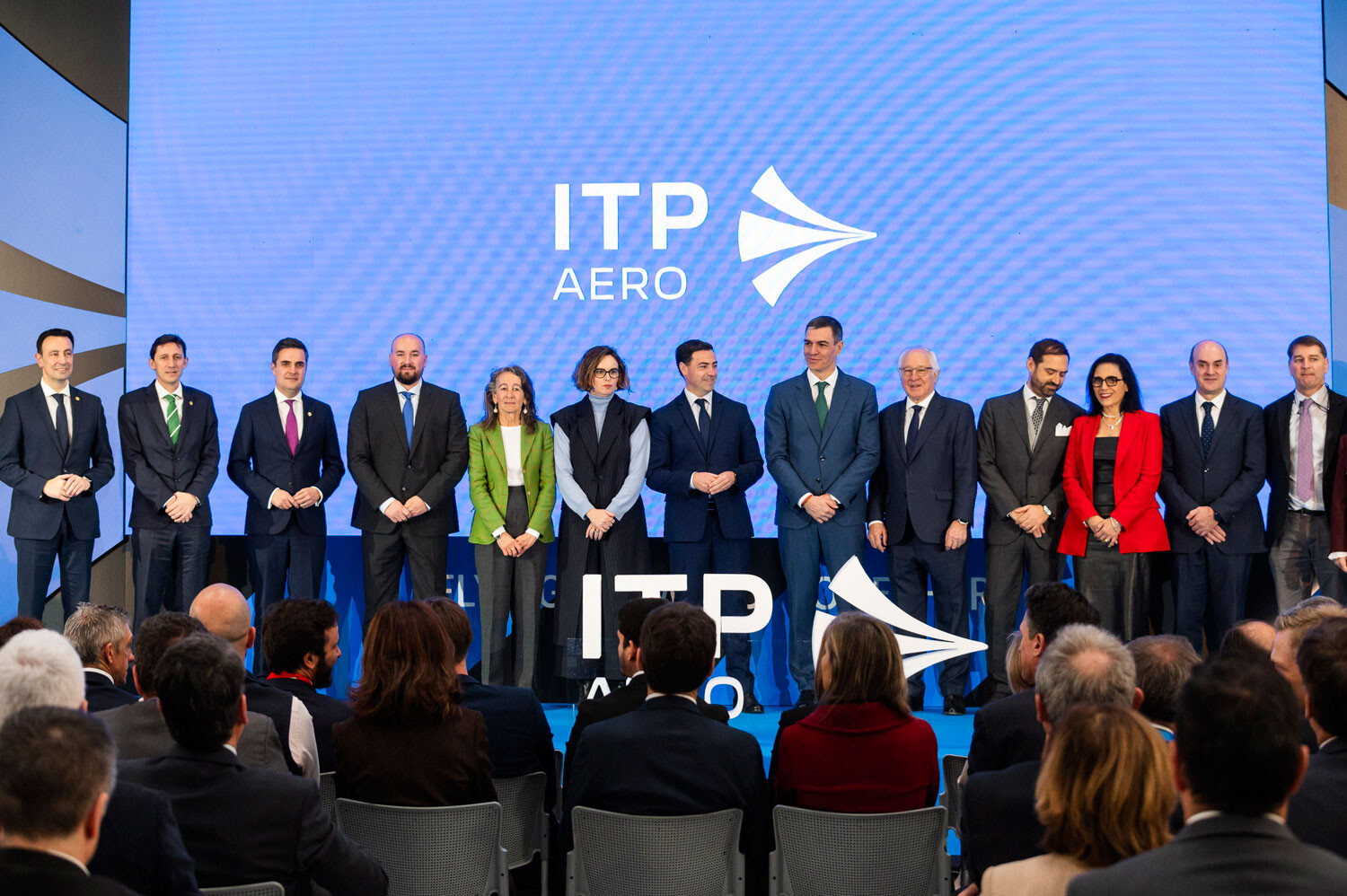
In recent weeks and months, all kinds of political, economic and business organizations have been constantly raising the sounds of war. But what if the purpose of this buzzing noise was not to allow us to think clearly and the fear was to confuse our analysis? Let’s try to analyze this reality by ignoring the predator.
To begin with, it is necessary to ask what has happened almost overnight so that the majority of the political power in Europe, and in our specific area Zedarria and the Basque Government, raise the urgent need for rearmament (the initiative has been called the ReArmament Plan). The immediate memory can make us worse and think of it as an answer to Trump’s agreement with Putin and his claims that he will not defend Europe. But these statements were made at the end of February, and the Zedarria and Basque Government premieres (mentioned in the previous article) date back to mid-January, when Trump was not elected president.
Something similar is happening with NATO, whose new top leader, Mark Rutte, has been calling for an increase in military spending since his appointment to reach up to 5% of GDP (who and he, who was the main proponent of moderating EU spending during his time as Prime Minister of the Netherlands). Although to do so, the citizens of NATO member states must ‘accept sacrifices’, such as cuts in pensions, health and security systems, in order to increase Defense spending. We stated in our book quoted in the first section: first the lobbies push the proposal; then their political allies support and spread it to us in terror; and both profess the facts to increase the level and urgency of their demands. That’s what they’re doing now with Trump’s policies. What we're suffering from, therefore, is its usual procedure.
The European arms lobby has infiltrated the EU (as we documented extensively in the book), and they see a huge opportunity to increase their profits by spreading terror against the Russians
Let’s examine, however, the alleged argument about the consequences of Trump’s decisions. The fact that the eccentric president of the United States has decided to break the geostrategic world table by reaching agreements with Russia (one of its supposed biggest rivals) should theoretically represent an important advance for world peace. In short, it represents a policy of détente between the two former hegemonic blocs that severely strained their relations with the war in Ukraine. And yet, in the European context, the approach has been quite the opposite, delirious: beware, the Russians are coming! This is the position we attributed in our book to the conspirators, and we do the same even today, although now the EU itself has joined this conspiracy group. We repeat, the European arms lobby has infiltrated the EU (as we amply documented in the book) and they see a huge opportunity to increase their profits by spreading terror towards the Russians.
But what do they propose for "when the Russians come"?
All right, let us swallow the hook on the Russian invasion and consider the measures that are being proposed: basically, a huge increase in military spending to arm ourselves to the teeth, because so far the American guardian angel has suggested that he will not defend us. We will not speak from our antimilitarist perspective: what we think about Defence, security, geostrategy, territoriality, European idiosyncrasy, energy transition, etc., or about concepts such as enemies, threats, etc. On the contrary, we will try to think about them from the point of view that anyone with a logical capacity for reasoning can do (precisely the capacity that they want to eliminate from us).
We are told that this sum (800 billion announced) will be used to increase our capacity for "defense" or "security" by investing in the military industry. By the way: It is a sum that has not been debated and accepted by the people of Europe, although it will come out of our pockets through taxes, financed in some way. But interestingly, the European countries that make up NATO buy 64% of their weapons from the United States, and at the same time, the European authorities consider it an unreliable partner. One of the leaders of the German arms company Hendsolt recently pointed out that what is known as the "deactivation button" of F-35 aircraft produced in the United States is more than a rumor. He suggests that it would be easy for the U.S. to stop planes by blocking access to key software under its control. In the face of this, of course, Europe can turn to other major arms exporters (even though they are many distances away from the United States)... If it weren’t for China and Russia, it’s precisely what they present to us as our main potential enemies.
Objectively, if we were to be afraid of someone’s invasive intentions, it would have to be Trump
Another issue that needs to be considered. From the EU they tell us that because we have lost our main ally, we need to build a united Europe. But it's hard to know what's worse: Don’t trust the US, which is reasonable; or trust allies like the current Hungary, Italy, Poland, the Czech Republic and Finland, where the far right rules. Nor does it seem highly advisable to trust other countries that are allies or partners of NATO, such as Turkey, Romania or Israel. So, in the end, the best option will be to use the emergency kit that we have been proposed to have in each house (which will also serve to increase militarization), hoping that the invasion will not last more than 72 hours...
The situation is unsurreal: experts say that it would take at least ten years for Europe to stop being dependent on the United States, so it seems that, as in the war of the humorous Gila, we are suggesting to Russia that it attack Europe today, because we are defenseless. Do any of these fearful, incisive analysts who want to frighten us believe that Russia, even led by another autocrat like Putin, has among its intentions "to invade Europe"? It is they and they who have considered the great Russian defeat of what Putin claimed to represent as a short military march in Ukraine! We know that Putin is not trustworthy (as few as Trump and many others), but it is very striking that Putin’s words to the people of Europe have had little diffusion, perhaps because they would question the “need” to rearm. In contrast, it is Trump who has expressed his intentions to take over other territories, such as Canada or Greenland. In the case of Greenland, it also threatens the territory of Denmark, a European country. Objectively, if we were to be afraid of someone’s invasive intentions, it would have to be Trump, because we must not forget another small detail: the United States, which is said to be unreliable, has 275 military bases in Europe, more than 80,000 soldiers, and about 100 NATO nuclear bombs in Europe can only be used with the consent of the United States. When he threatens to entrust us with the defence of Europe, why does Trump speak only of money and not of carrying his bases and soldiers? Because many of these bases are there not so much to protect Europe as a strategic projection of US interests.
If the bombing’s arguments are so brutal, and the main goal is to block our ability to respond by spreading terror, perhaps it is necessary to ask, as Maitena Monroy did, what they want to hide behind this smokescreen. And with that, whose interests lie behind the proposal for a new arms race. The answer to the second question is simple: that of the merchants of death; that of Production for Waste and War (military industry) and its owners. We will address this issue in the third part of this series.
At the beginning of the year, the Zedarria group publicly supported the "opening of the debate" on the "defense" industry (as well as the nuclear industry), to which the Basque Government has immediately joined. First, through Mikel Torres, Vice President and Economic Counselor, who... [+]
Ukrainaren ondoren Polonia?
Europar Batasunak Ukrainako gerra hauspotu du Kiev armaz hornituta, eta menia oraindik airean delarik, gerraren zikloan murgilduta dago bete-betean. Hori bai, bere diskurtsoa modulatzen ari da, eta gero eta gehiago hitz egiten du balizko su-etenaz... [+]
Bizitza erdigunean jartzeko abagunea ikusi genuen feministok zein ekologistok Covid-19 pandemia garaian. Ez ginen inozoak, bagenekien boteretsuak eta herritar asko gustura itzuliko zirela betiko normaltasunera. Bereziki, konfinamendu samurra pasa zutenak haien txaletetan edo... [+]
At the end of June we finished the first parts of the book Conversión de la industria militar en Euskal Herria para no fabricar más guerras (Adaptation of the arms industry in the Basque Country so as not to create more wars) La guerra is coming! It explores and investigates... [+]
Historia errepikatzen dela idatzi zuen Marxek, “lehenik tragedia gisa, gero fartsa moduan”. Armagintzaren eta militarismoaren inguruan errepikapen hutsa ez, espiralean goraka doan buklea ari gara bizitzen, fartsatik asko duena, eta tragedian amaitzeko gero eta aukera... [+]
“Ez dugu gerraren aurrean etsi nahi, ez dugulako hilerrietako bakea nahi”, dio manifestuak, eta agintariei irtenbide politiko baten alde lanean jartzeko eskatu diete. Sinatzaileen artean daude Delàs institutua, Gernika Gogoratuz edo Ongi Etorri Errefuxiatuak... [+]
Orain dela 20 bat urte, berrikuntzaren inguruan master bat egin nuen. Bertaraturiko gonbidatu batek esan zigun gizakion historian berrikuntza teknologikoaren eragile handiena gerra izan zela. Gerra, halaber, eragile handia da botere harremanen berrikuntzan.
Berrikuntzaz ari... [+]
Defentsarako gastua handitzeko Europako herrialdeen apustuaren atzean, asko dago propagandatik, eta askoz gehiago interes ekonomikotik. Kontrakoa sinetsarazi diguten arren, XVIII. mendean Ingalaterran Industria Iraultza jaio zenean, armak eta gerra izan zituen oinarri, eta ez... [+]
Hitlerren armadak milioika sobietarren heriotza ekarri zuen Bigarren Mundu Gerran Sobiet Batasuna inbaditu zuenean. Gerra amaituta, Iosif Stalinen obsesioa zen Alemania eta Errusia artean babes herrialde-lerro bat osatzea; horra, besteak beste, Varsoviako Itunaren sorrera... [+]
Trumpen garaipenak, Ukrainako gerraren birkokatze geopolitikoa eragiteaz gain, Europaren apustu belikoa agerian utzi du.









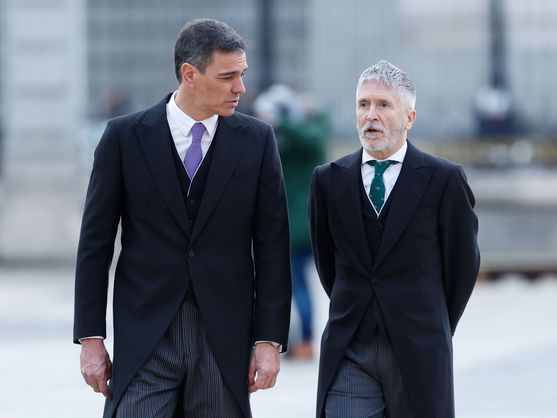
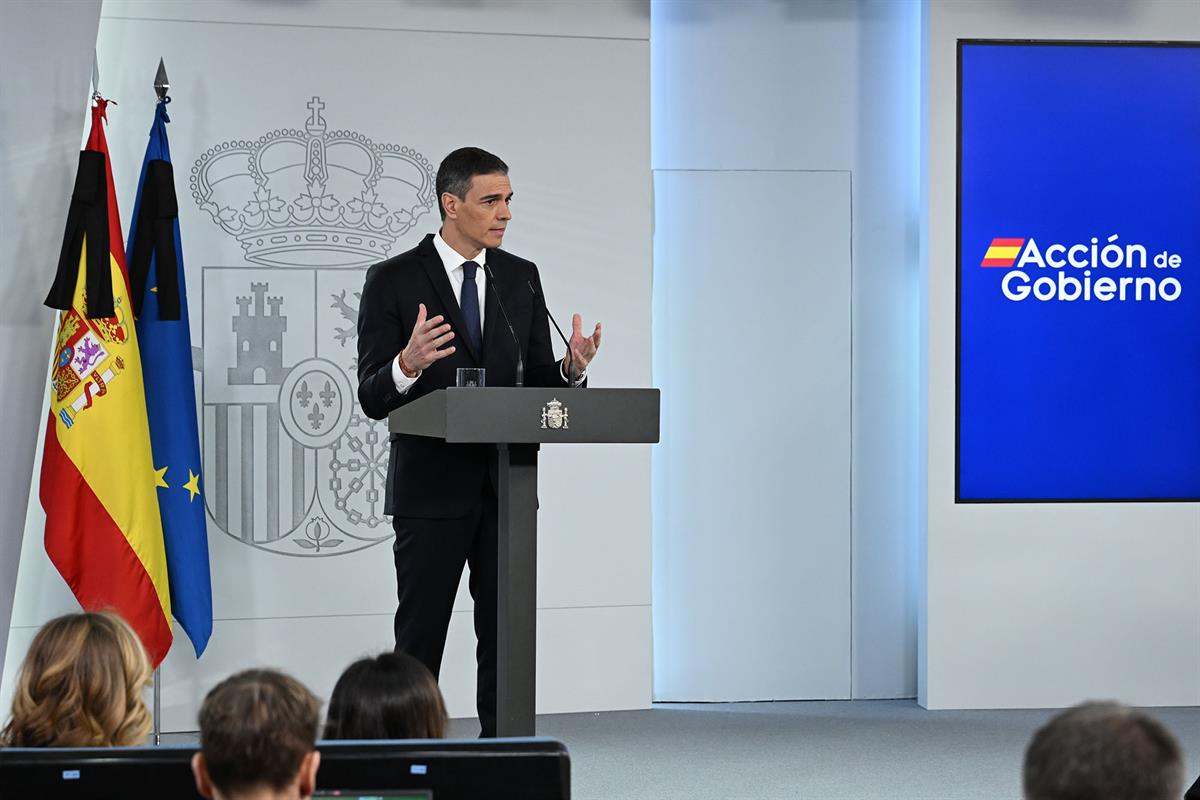
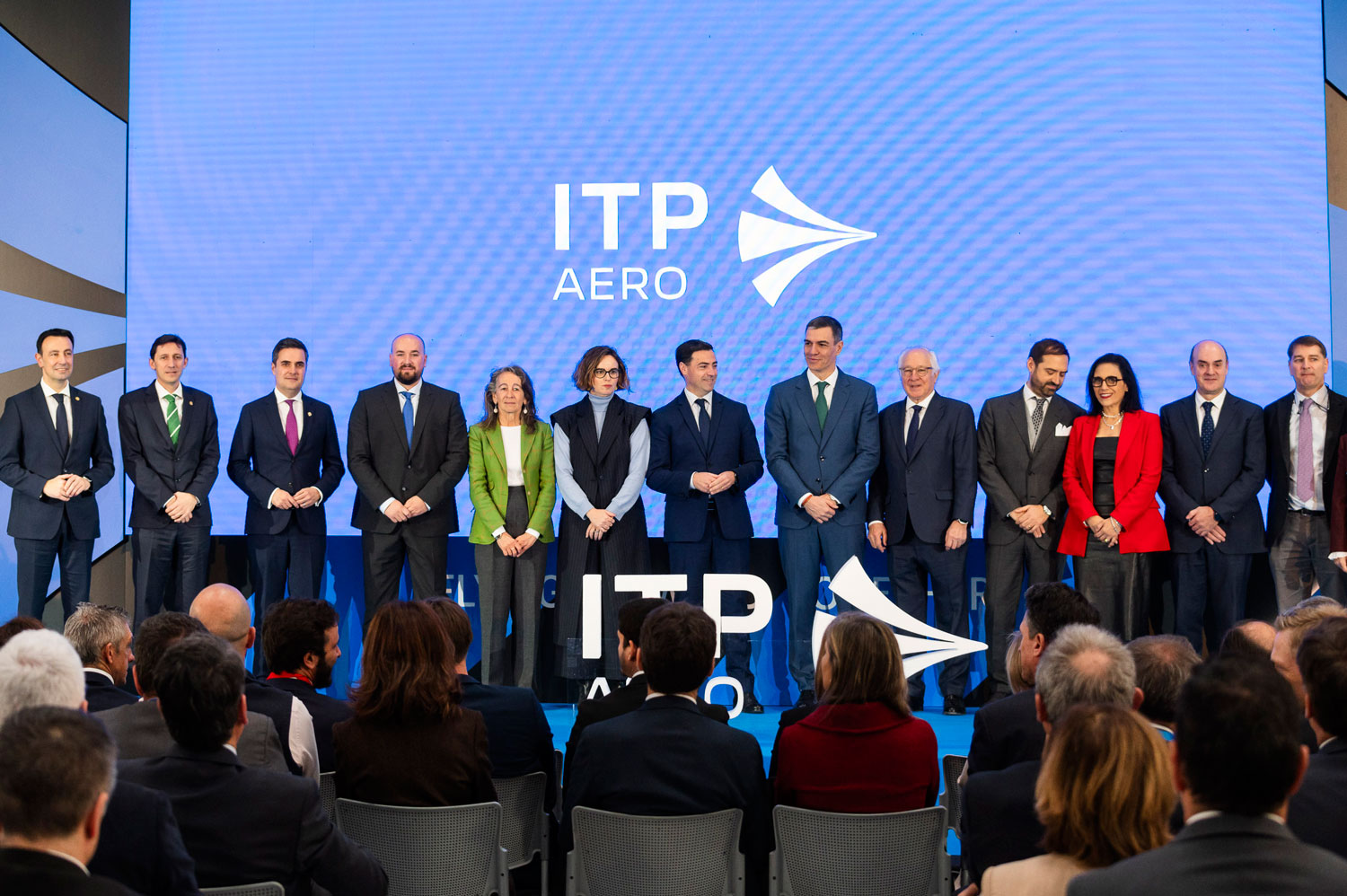

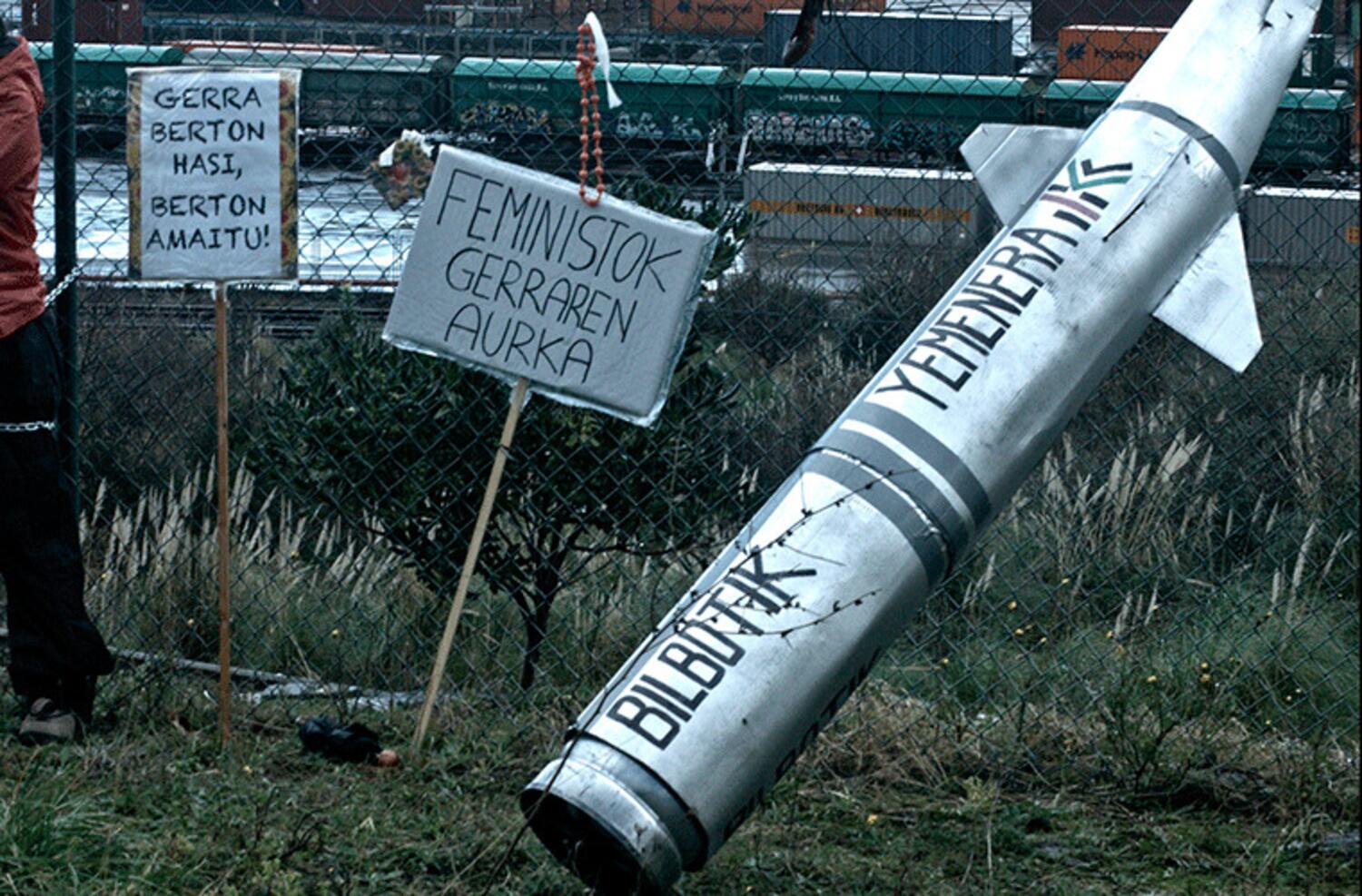

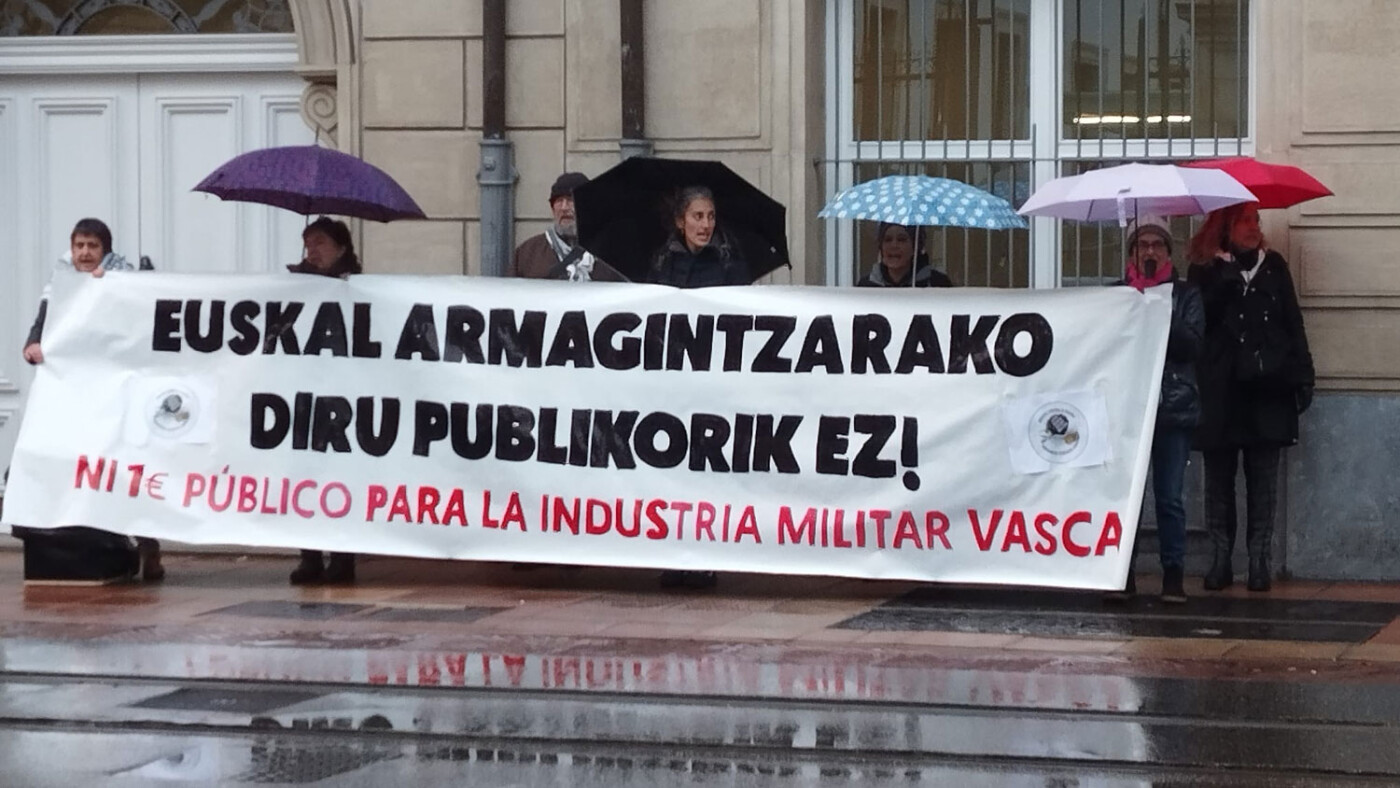
.jpg)

